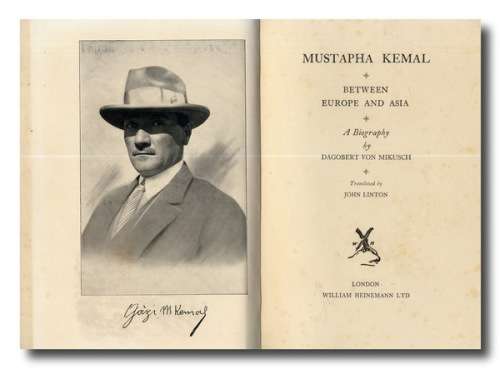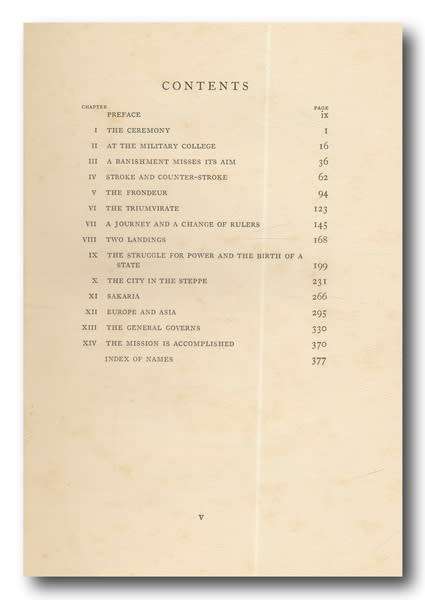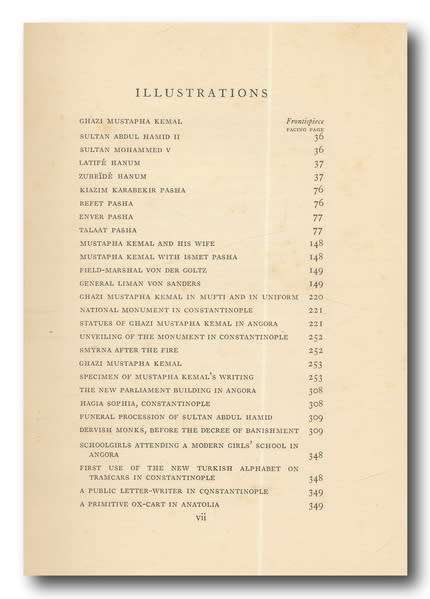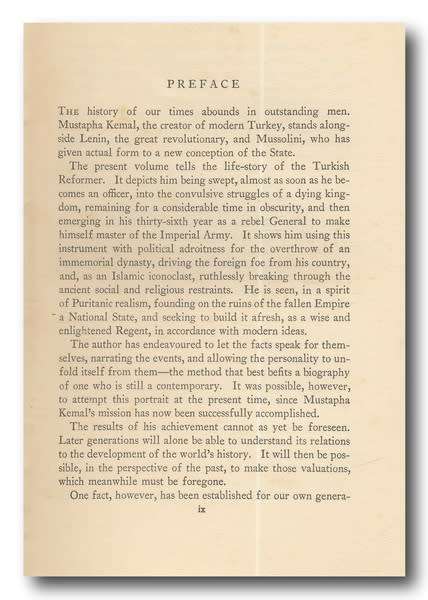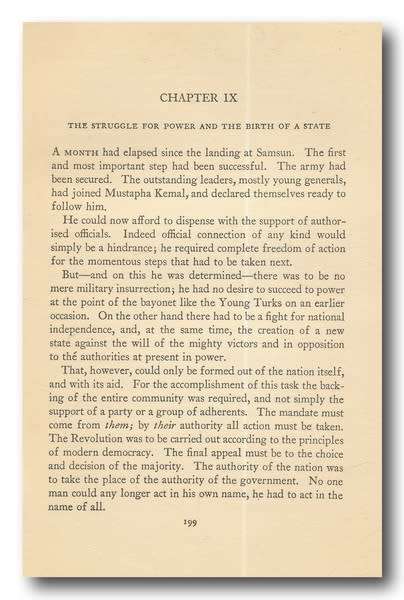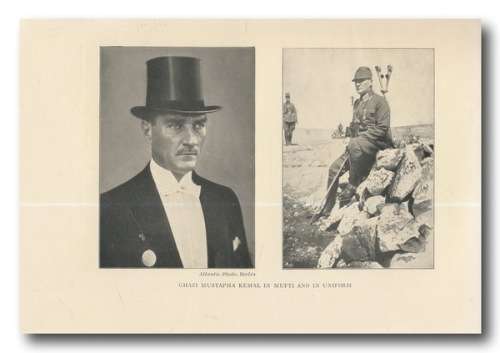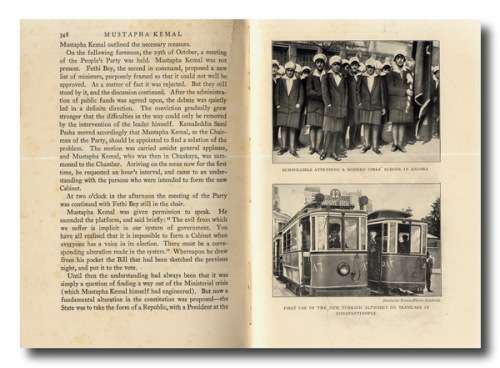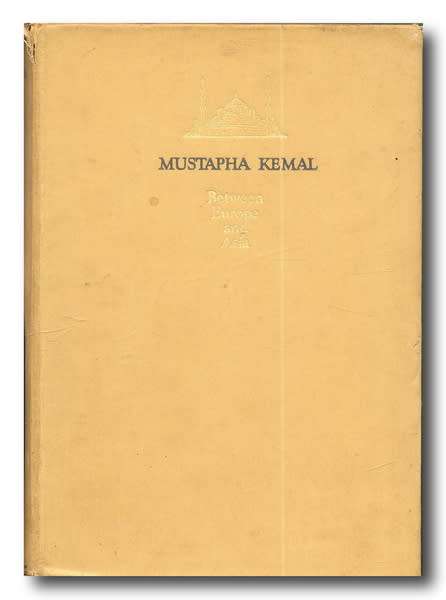
Mustapha Kemal, Between Europe and Asia by Dagobert von Mikusch (1931)
Check my rate
| Main centres: | 1-3 business days |
| Regional areas: | 3-4 business days |
| Remote areas: | 3-5 business days |

| Main centres: | 1-3 business days |
| Regional areas: | 3-4 business days |
| Remote areas: | 3-5 business days |
Mustapha Kemal, Between Europe and Asia by Dagobert von Mikusch (1931). Large A5, Hard cover, 380 pages. Cover bit worn. Book in good readable condition.
One man, emulating Cromwell at home and Bismarck abroad, has conjured up in the modern Turkey a portent of nationalism that is the best answer to those who pooh-pooh the spiritual revolt of " the unchanging East." In Mustapha Kemal, Between Europe and Asia, by Dagobert von Mikusch (Heinemann, 12s. 6d.) we are given a sober if somewhat jejune account of the Ghazi's early years and of his triumph over a Western diplomacy torn by dissensions and lamentably lacking in psychological insight. The author has hit off well enough Mustapha's genius as a commander who always knew exactly what he wanted, insisted on doing his thinking for himself, and was a past master in taking one step at a time. And he rightly attributes.. the man's success to his freedom from all doctrinaire obsession and enviable capacity to cling to his roots among the common people. His treatment of the Turkish reforms at home, however, is very summary.
